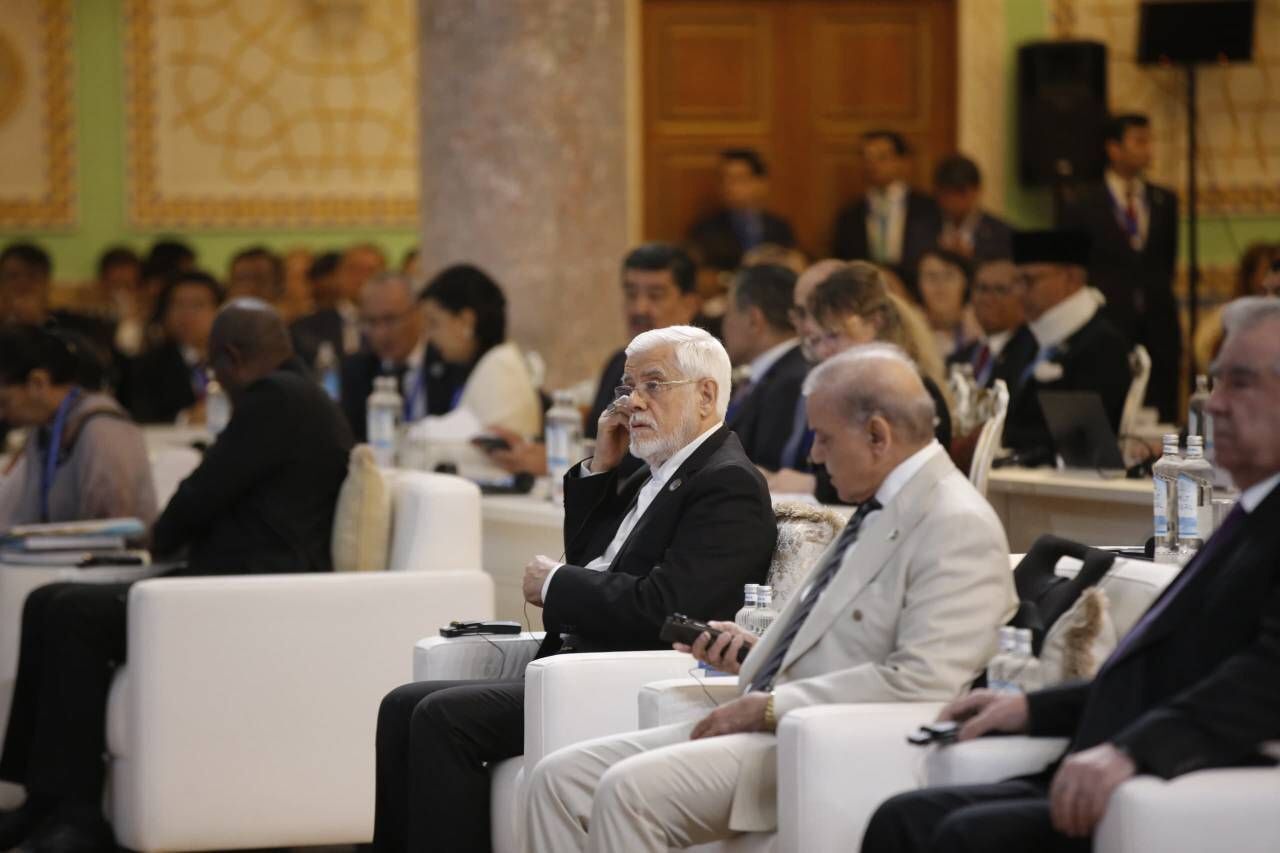
Similar Posts
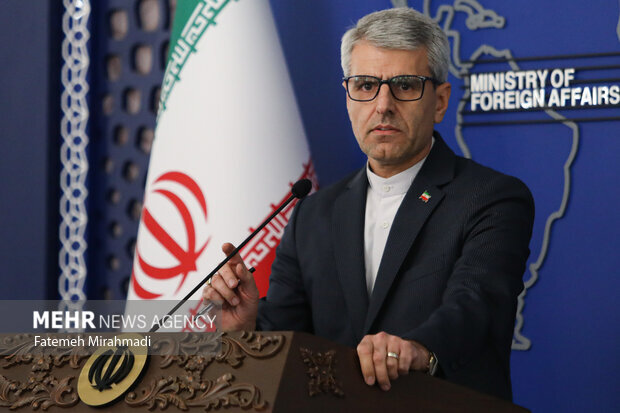
Germany Launches Investigation into Wartime Chemical Weapons Supply to Iraq
On the anniversary of the Chemical Weapons Convention, Iranian Foreign Ministry spokesman Esmaeil Baghaei highlighted the treaty’s role in preventing chemical warfare atrocities and recalled the horrors suffered by Iran during the 1980s conflict with Iraq. He urged Germany to acknowledge its support for Saddam Hussein’s chemical weapons program, emphasizing the need for transparency and justice. The Iran-Iraq war saw over 10,000 Iranian deaths and extensive injuries due to chemical attacks, with Western nations implicated in supplying materials. Baghaei stressed that revealing the truth is essential for healing and accountability, reinforcing the global commitment to preventing chemical warfare’s recurrence.
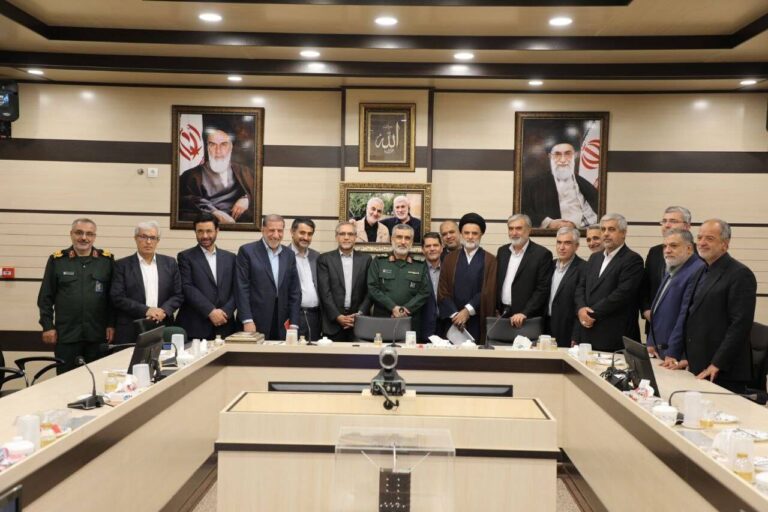
Iran’s Military Might: How Advanced Defensive Strategies Safeguard Offensive Assets
Iranian officials recently dismissed foreign threats against the nation’s military as baseless, asserting the security of its offensive capabilities. Ebrahim Rezaei, spokesperson for Parliament’s National Security Committee, shared insights from Brigadier-General Amir-Ali Hajizadeh, Commander of the IRGC Aerospace Force, who briefed lawmakers on military advancements, particularly in missile and drone technology. Notably, Iran’s “True Promise Operations” achieved over 75% success in hitting targets, and Hajizadeh claimed Israel is unable to prevent such attacks. Rezaei emphasized that Iran’s military power has grown, rejecting Western and Israeli media narratives of declining combat effectiveness, underscoring Iran’s commitment to its defensive posture.
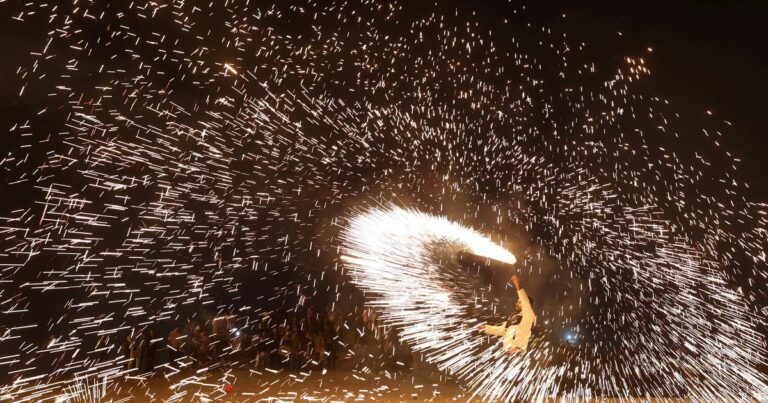
Vibrant Nowruz Celebrations Illuminate Iran Amid Heavy Security Presence
Iranians are celebrating the ancient festival of Charshanbe Suri, despite government warnings and a heavy security presence. The vibrant festivities, symbolizing spring, have become a platform for cultural expression and resistance against authority. Large crowds gathered in cities like Tehran, where traditional activities such as bonfire lighting were accompanied by clashes with security forces, resulting in at least 19 deaths and 5,000 injuries. Many young people view participation as a defiant act against the Islamic Republic’s restrictions. The festival, increasingly seen as a protest, underscores the resilience of Iranians advocating for cultural freedom amid ongoing repression.
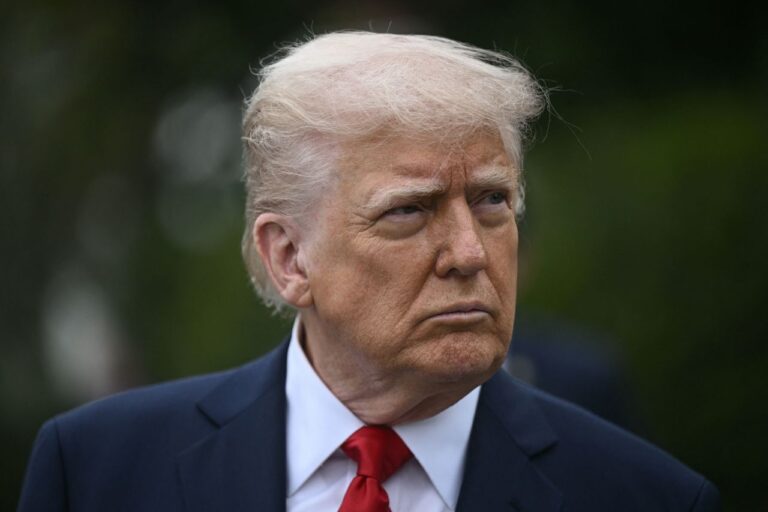
Trump Confirms No Israel Stop on His West Asia Tour: What This Means for Regional Relations
U.S. President Donald Trump has announced he will not visit the occupied Palestinian territories during his upcoming trip to West Asia, which has prompted discussions about U.S. foreign policy in the region. In a White House briefing, Trump confirmed, “We’re planning on Israel, but not for this trip.” His itinerary includes visits to Saudi Arabia, Qatar, and the United Arab Emirates from May 13-16, focusing on strengthening ties with Gulf nations. As the trip nears, observers are keen on how these meetings will impact the geopolitical landscape in West Asia.
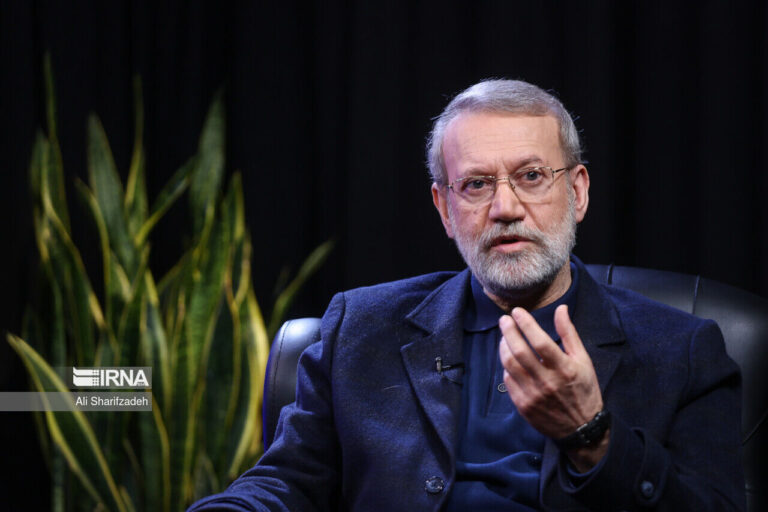
Political Dynamics Take Center Stage in Iran Nuclear Program Negotiations, Says Advisor to Leader
In a recent speech, Ali Larijani, an adviser to Iran’s Leader, stated that the Iranian nuclear issue is primarily a political matter, highlighting the complexities of Iran’s nuclear ambitions. Speaking at Shahed University, he reaffirmed Iran’s commitment to peaceful nuclear technology, criticized the disregard from other nations, and emphasized that negotiations must safeguard Iran’s interests. Larijani also addressed the extensive U.S. sanctions, tracing their roots to Iran’s pre-revolution era and asserting the nation’s resilience against external pressures. He concluded by noting that the success of indirect negotiations with the U.S. depends on the rationality and fairness of the negotiating parties.

Hope Emerges as Gaza Ceasefire Offers Relief Amidst Ongoing Turmoil
A ceasefire between Israel and Hamas began Sunday at 08:30 am local time, marking a significant shift after prolonged violence in Gaza. Israeli Prime Minister Netanyahu confirmed the ceasefire at 11:30 am, aiming to halt the humanitarian crisis. Key developments include Hamas’s announcement to release three Israeli prisoners in exchange for 95 Palestinians and Israeli troop withdrawals. However, reports of Israeli drone strikes in Gaza emerged despite the ceasefire. Humanitarian aid efforts are underway, with hundreds of trucks ready to enter Gaza. This ceasefire, after 468 days of conflict, highlights the urgent need for a lasting resolution.